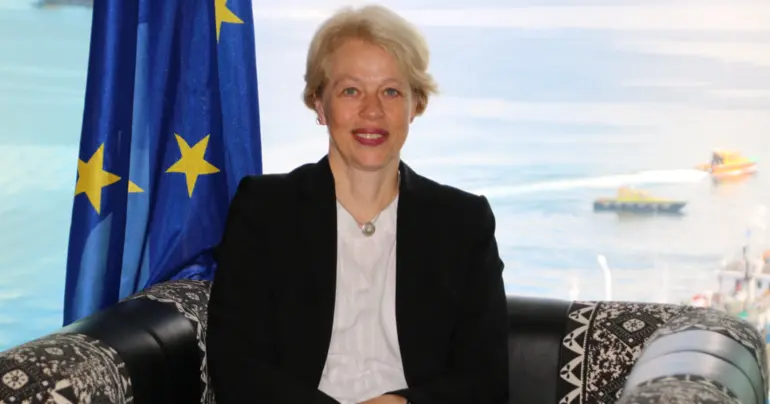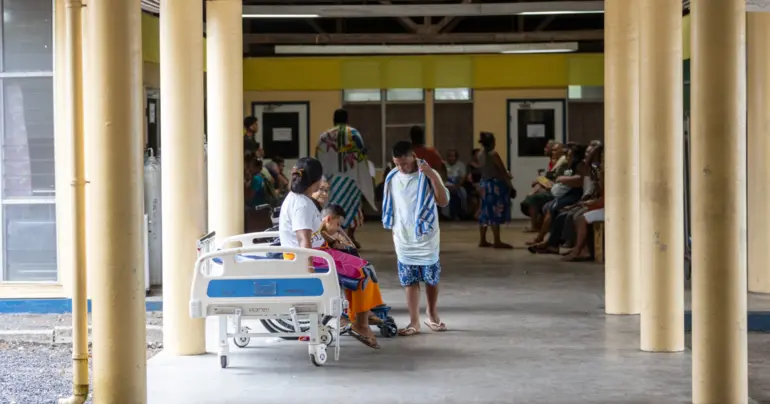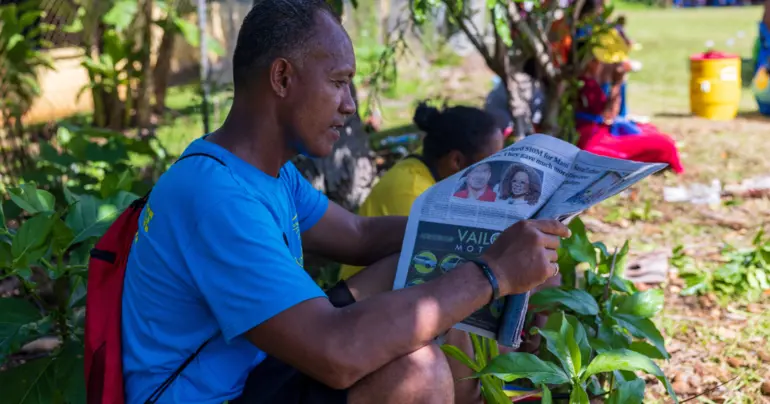Some uncomfortable truths
It was in 2020, under the HRPP government, including one or two other leaders now heading different political parties, that an uncomfortable truth about our development agenda and approach was revealed.
“Despite positive outcomes in terms of near universal access to essential services and overall positive GDP growth over the past five years, not everyone is benefiting equally” (2020 VNR p.6 https://www.samoagovt.ws)
Related to the concern over unequal benefits was another. One-in-five, or 40,000, individuals in Samoa were “living under hardship conditions”, or the circumstances (i.e., financial strain, personal challenges, or unforeseen circumstances) which reduce the ability to meet obligations or maintain a normal standard of living.
Unemployment levels were “rising especially for women and youth”, and income inequality was deemed “significant with the top 10% of the population earning more than the combined earnings of the bottom 30%”.
The truth about inequality can be affirmed by the World Inequality Database (https://wid.world), whose data on net personal wealth shows that the top 1% and 10% shares of the national total in 2023 were worth 27% and 61% respectively; while the share of the bottom 50% remained at below 5%.
This last snapshot is quite revealing because personal wealth is the equivalent of total assets (i.e., cash, investments, real estate, and personal property) minus all liabilities (i.e., loans and debts). To simplify, net personal wealth is the means with which to create more wealth, and the bottom 50% in Samoa own a tiny fraction of it or none.
Samoa’s long-term sustainable development vision, as stated in 2020, is to Improve Quality of Life for All by ensuring no one is left behind. And the values or principles underpinning it were stated as “shared prosperity, social equity, social security and the sustainable use and protection of our natural resources” (2020 Voluntary National Review p.6 https://www.samoagovt.ws)
In a bottom-up chain of reasoning, the sustainable use of natural resources forms a resilient platform on which we can design and offer social security initiatives like COLA, Social Protection and VATSG/Income Tax adjustments, to enhance social equity and thereby the sharedness of prosperity.
Social equity, not equality, or universal access and overall GDP growth, is the immediate prerequisite for shared prosperity. It goes to reason, therefore, that election promises without demonstrable equity safeguards, or guardrails, are more likely than not to continue the widening of the disparities between the rich and the poor and between the strong and the vulnerable.
A major concern regarding the FAST 1 million tala initiative and governance is that the greatest gain and advantage went to the rich. We’ve now seen critiques of the HRPP election-universal promises on COLA, for example, which point out that they could unnecessarily benefit (i.e., not needed by) the wealthy households.
At the same time, there is concern that while the handout of freebies (material and money) do not provide adequate relief for the bottom 20% living in hardship conditions, they may inadvertently disempower the dependents from meaningfully participating in the nation’s development and obtaining for themselves a fairer share of the national prosperity pie.
The SUP has yet to release its manifesto but I would hope that all political parties exercise due diligence with their manifestos and narratives to ensure that their promises or policies do not exacerbate inequality and inequities observed in the 2020 VNR report and highlighted in here.
HRPP as the author and champion of the 2020 report, together with other leaders who were with HRPP at the time, have a moral obligation not to separate their reflections then from their real work now and in the immediate future.
I was inspired by a poster at the APS Veterinary Clinic to suggest here that the character of our nation is best reflected in the way we treat our vulnerable and marginalised people and communities.
The hope is that resurfacing and bearing in mind some uncomfortable truths about the state of (in)equality and (in)equity in our country can cause enough of a feeling of discomfort and a sense of hope that makes us vote for something more than money, material stuff, political or some other form of an idol.











